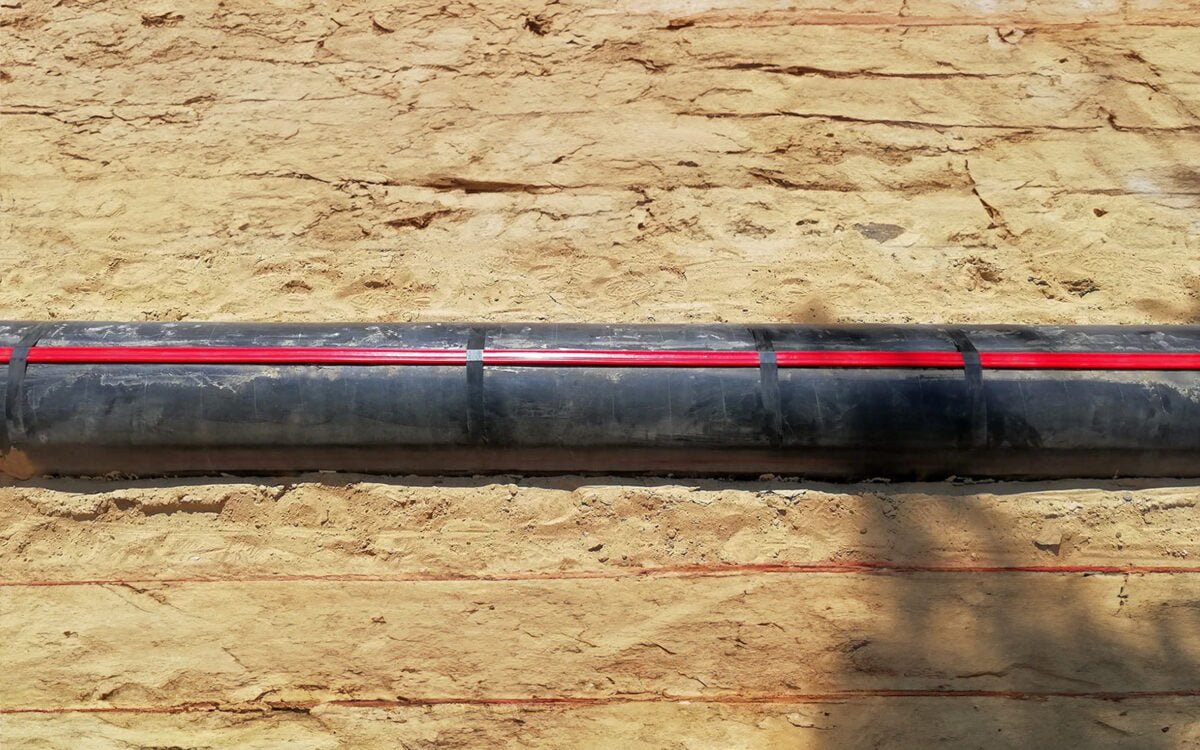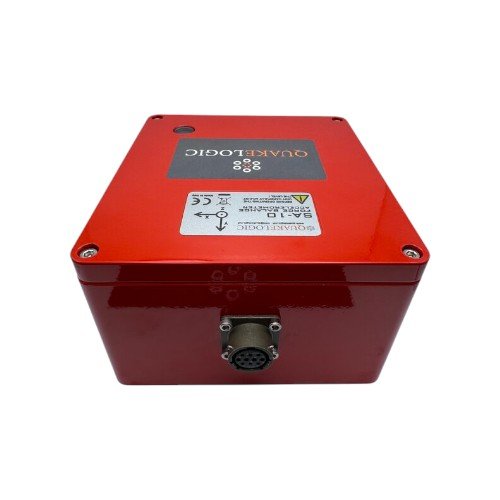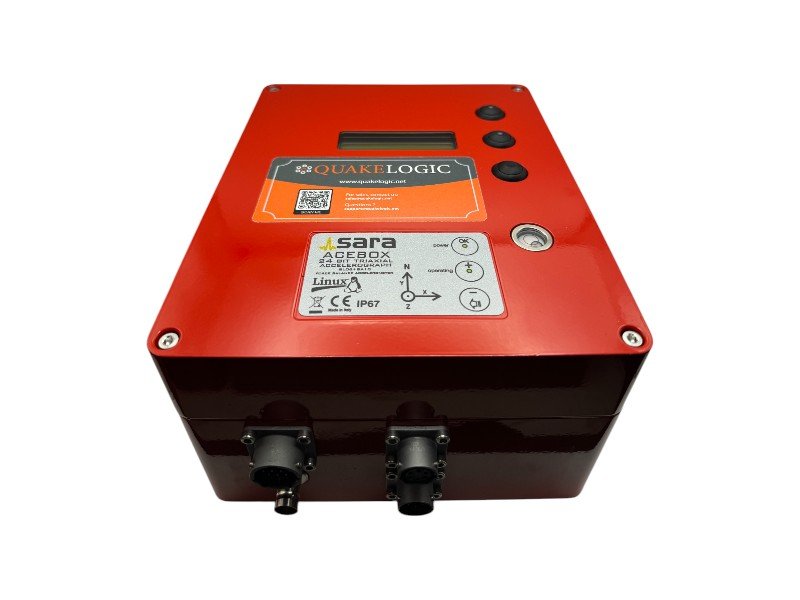Currently Empty: $0,00

3D SENSOR: DISTRIBUTED FIBER OPTIC SENSOR (DFOS) TECHNOLOGY
INTRODUCING THE REVOLUTIONARY 3D SENSORTM: THE FIRST-EVER SHAPE DFOS SENSOR FOR GEOTECHNICS AND CIVIL ENGINEERING. CAPABLE OF TRACKING STRUCTURAL DISPLACEMENTS IN 3D SPACE ALONG ITS ENTIRE LENGTH.
OVERVIEW
Description
The 3D SENSORTM captures three-dimensional displacements throughout its entire length. Whether embedded directly into structures such as soil or concrete, or mounted on the surface of existing structures, its adaptability ensures it meets the specific demands of any project. It is an ideal choice for monitoring pipelines, landslide-prone areas, roads, bridges, embankments, and various linear structures. Its precision allows for accurate data representation, with movements or deflections directly presented in millimeters.
KEY BENEFITS
- Complete VERTICAL & HORIZONTAL DISPLACEMENT measurements spanning the sensor’s entire length.
- Available in both LABORATORY and FIELD versions.
- FLEXIBLE GEOMETRY tailored to enhance sensitivity for distinct projects.
- Zero disruption to the monitored environment (minimal stiffness).
- Built to endure various ENVIRONMENTAL CONDITIONS, including electromagnetic disturbances and lightning.
- STREAMLINED INSTALLATION – lightweight and ready for deployment straight out of its drum.
WHERE IT SHINES
- Ensuring STRUCTURAL INTEGRITY in engineering constructions.
- Optimal for GEO-TECHNICAL & HYDRO-TECHNICAL applications like slurry walls, retaining structures, piles, dams, and more.
- Perfect for LINEAR INFRASTRUCTURES like highways, bridges, tunnels, railway tracks, pipelines, etc.
- Essential in monitoring LANDSLIDES and MINING regions.
Utilizing DFOS shape Sensors for monitoring the health of actual engineering structures facilitates precise displacement measurements across the full sensor length, beginning at a spatial resolution of just 5 mm. It’s crucial to employ sensors that are both accurate and dependable. The 3D SENSORTM, with its minimal stiffness, identifies the slip plane without disrupting the soil configuration. This ensures that data interpretation remains accurate and free from potential distortions.
TECHNICAL SPECIFICATIONS
| 3D SENSOR | |
|---|---|
| Displacement measurement resolution | 1,0 mm |
| Displacement measurement range | Any, dependent on the medium deformations |
| Operating temperature | -20 to +60 °C |
| Sensor dimensions | 45 x 12 mm |
| Sensor weight | 252 kg/km (in situ version) |
| Sensor material | PLFRP + PE |
| Scattering used | Rayleigh, Brillouin or Raman |
| Sensor length | Any length made to order |
| The method of delivery | Storage coils or Straight sections |
| Tansduction factor 2000 V/m/s (S) | Precision factory calibration |
























